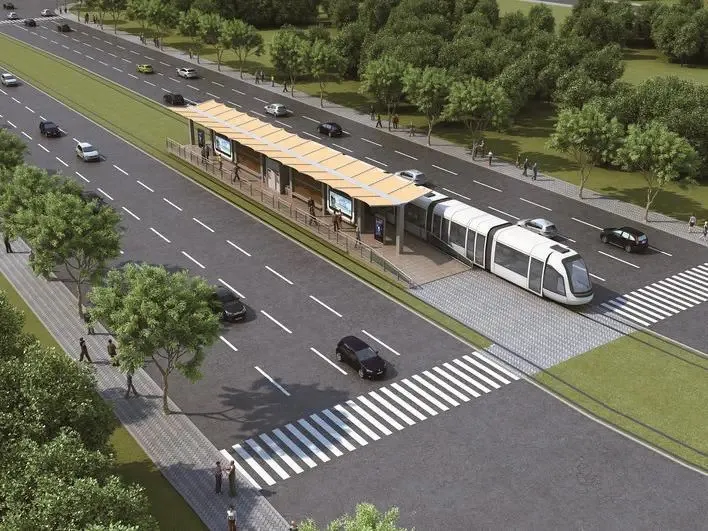Chinese information and communications technology solutions provider Huawei is to supply its Global System for Mobile Communications – Railway (GSM-R) solution to the Turkish State Railways (Turkiye Cumhuriyeti Devlet Demiryollari (TCDD)), to support the implementation of a modern digital railway communication network for the Kayas-Kayseri railway.
Located on the Anatolia plateau, the 367-kilometre long Kayas-Kayseri railway line has 34 stations and 22 tunnels connecting the cities of Ankara and Kayseri
October 22, 2013
Read time: 1 min
Chinese information and communications technology solutions provider 6787 Huawei is to supply its Global System for Mobile Communications – Railway (GSM-R) solution to the 3895 Turkish State Railways (Turkiye Cumhuriyeti Devlet Demiryollari (TCDD)), to support the implementation of a modern digital railway communication network for the Kayas-Kayseri railway.
Located on the Anatolia plateau, the 367-kilometre long Kayas-Kayseri railway line has 34 stations and 22 tunnels connecting the cities of Ankara and Kayseri.
The GSM-R solution will be designed by Huawei to meet the stringent ETCS L2 signal system requirements for operational speeds of up to 160 km/h and will interoperate with the existing GSM-R core network infrastructure provided by Nokia Solutions and Networks.
Located on the Anatolia plateau, the 367-kilometre long Kayas-Kayseri railway line has 34 stations and 22 tunnels connecting the cities of Ankara and Kayseri.
The GSM-R solution will be designed by Huawei to meet the stringent ETCS L2 signal system requirements for operational speeds of up to 160 km/h and will interoperate with the existing GSM-R core network infrastructure provided by Nokia Solutions and Networks.









